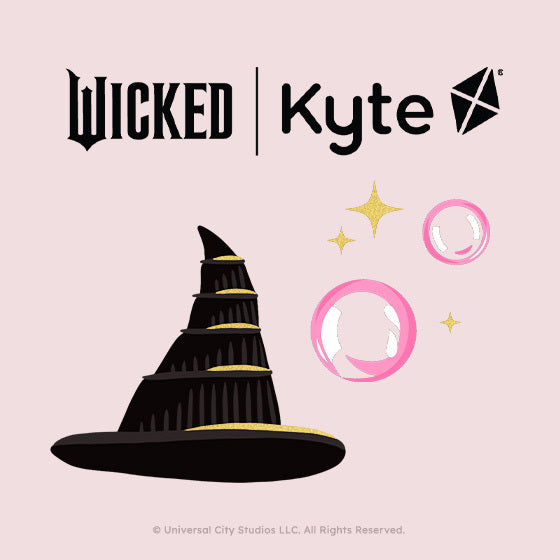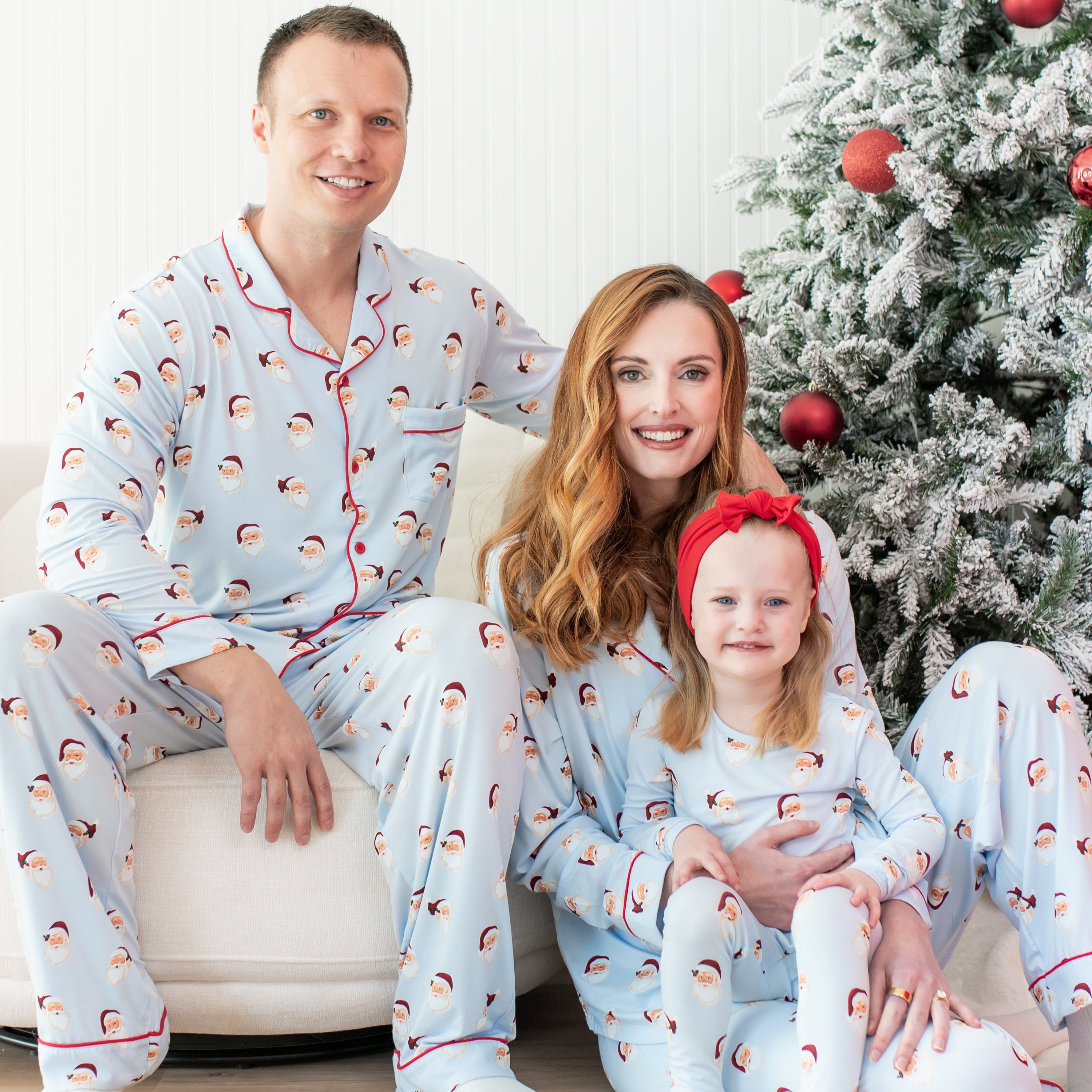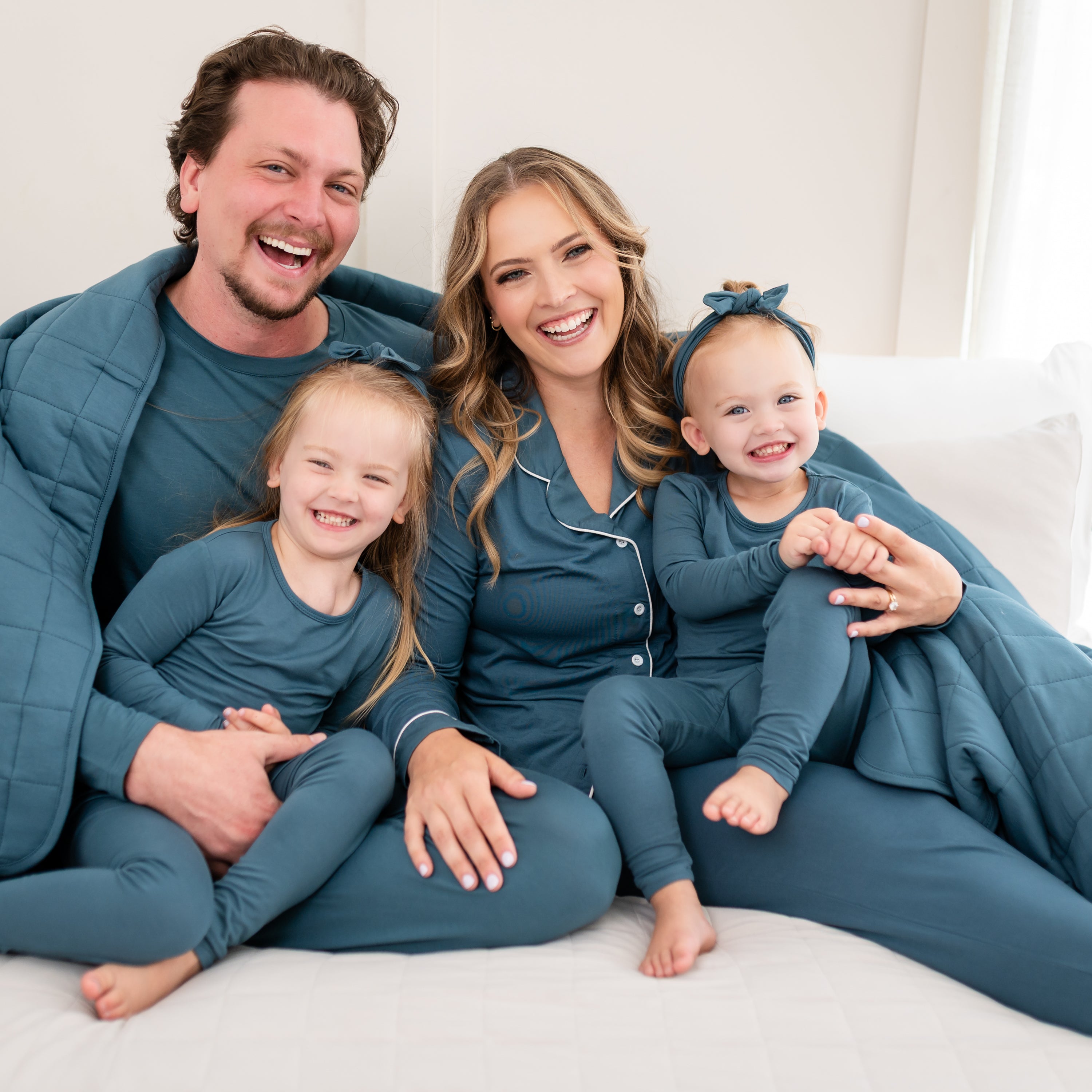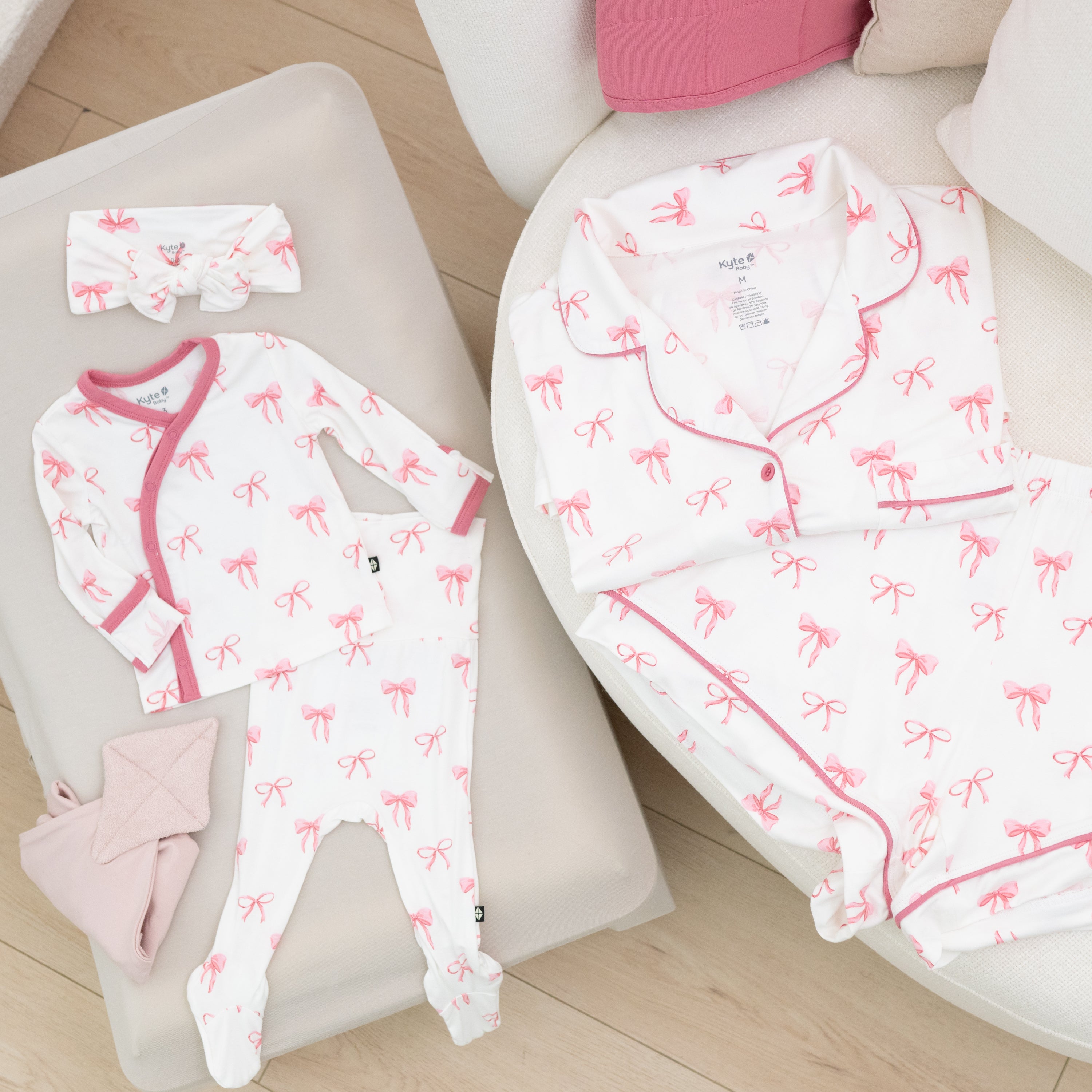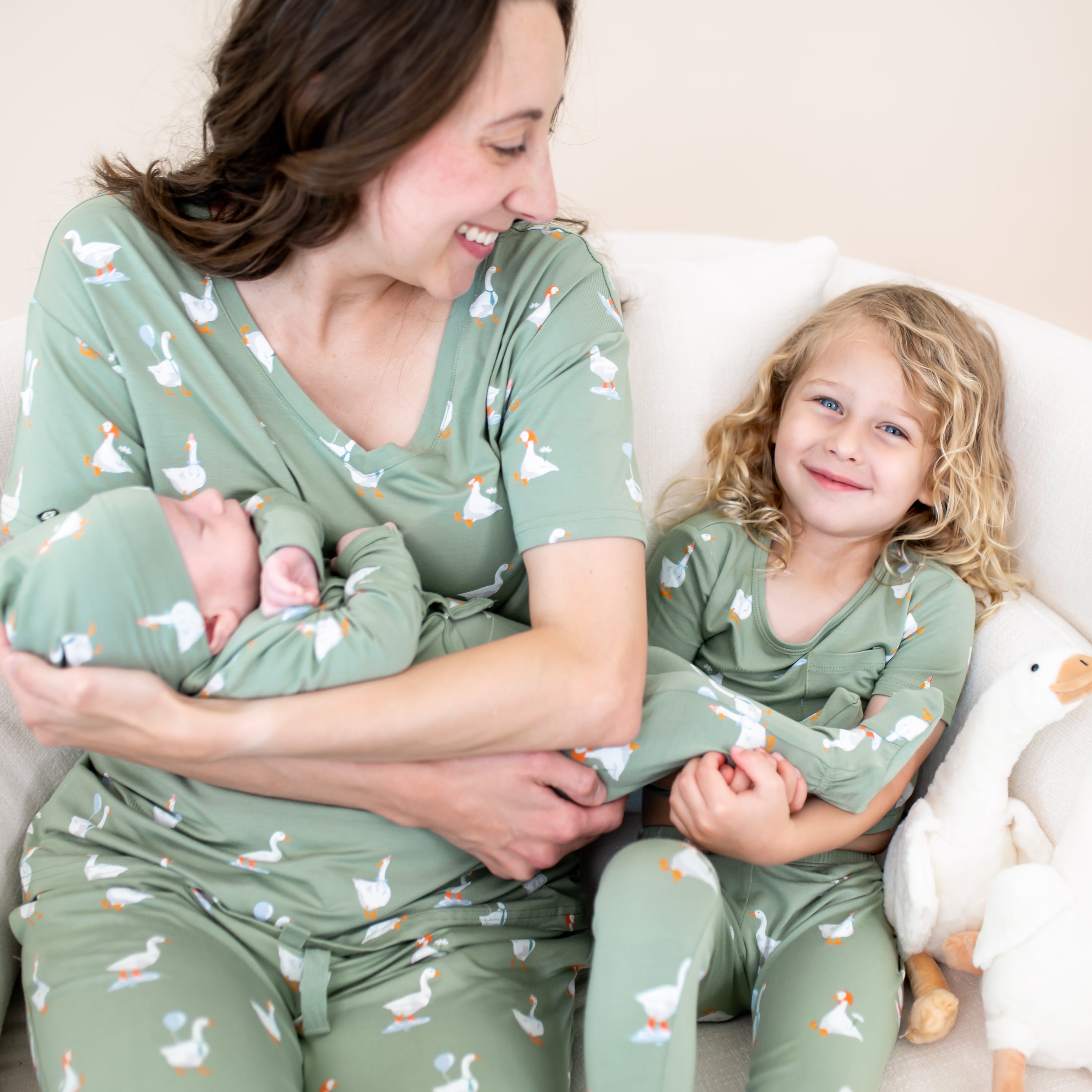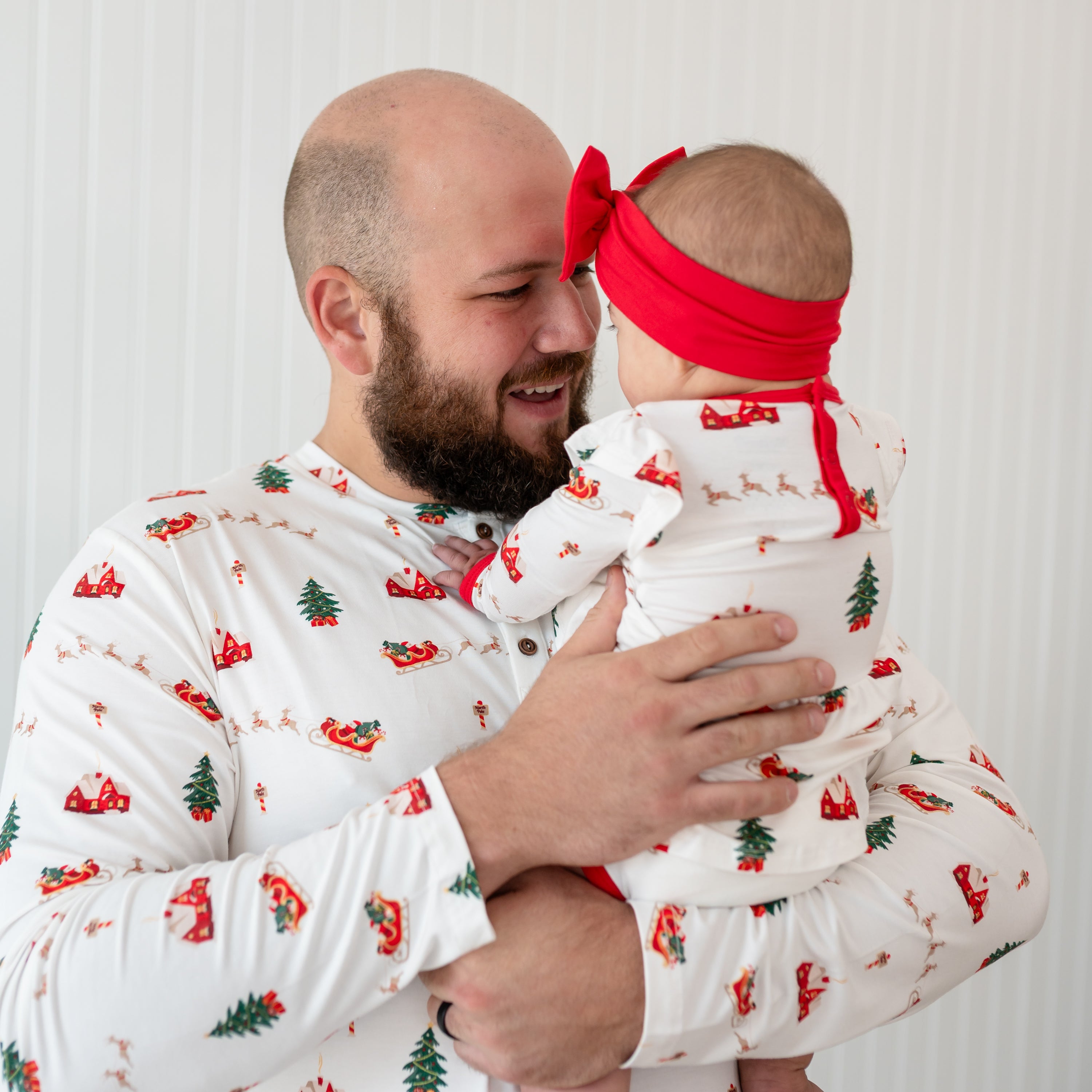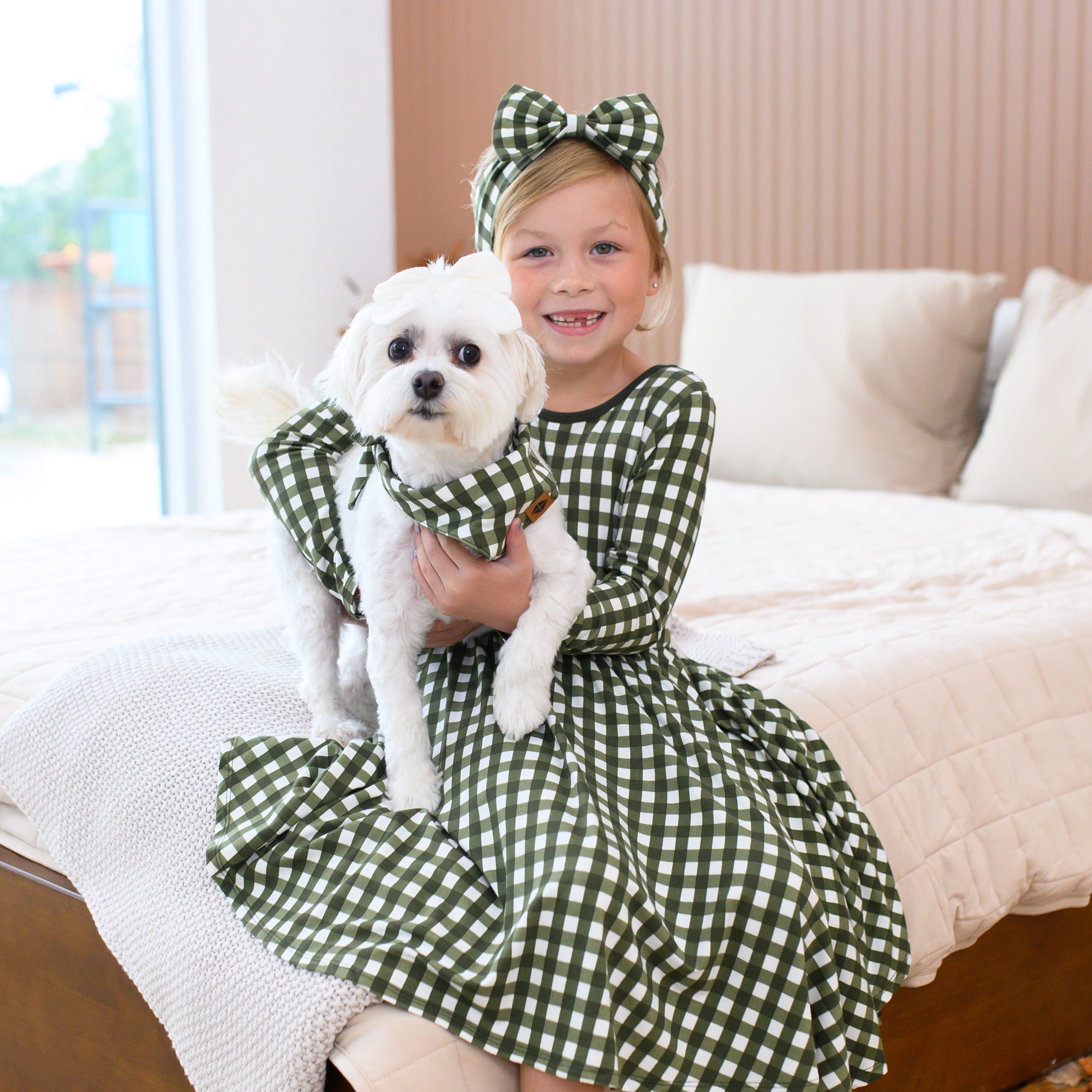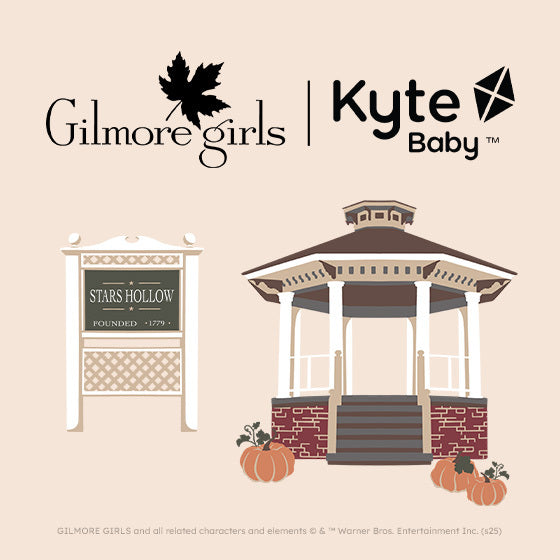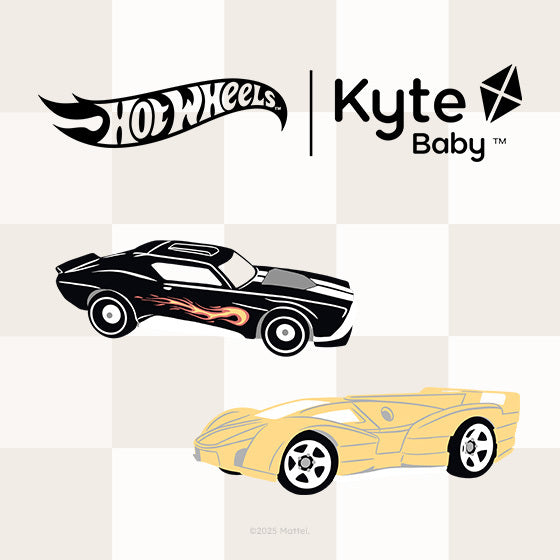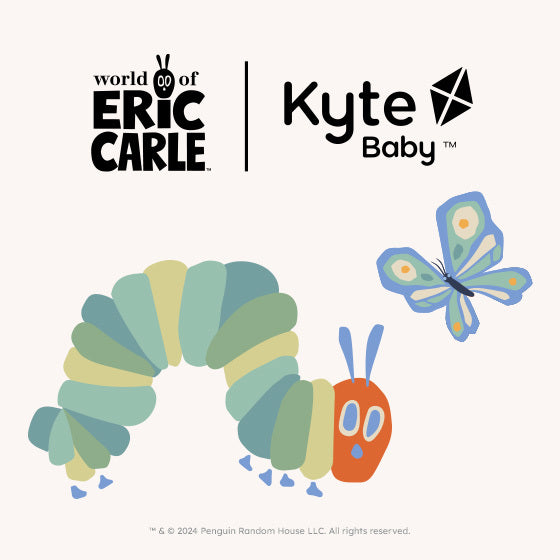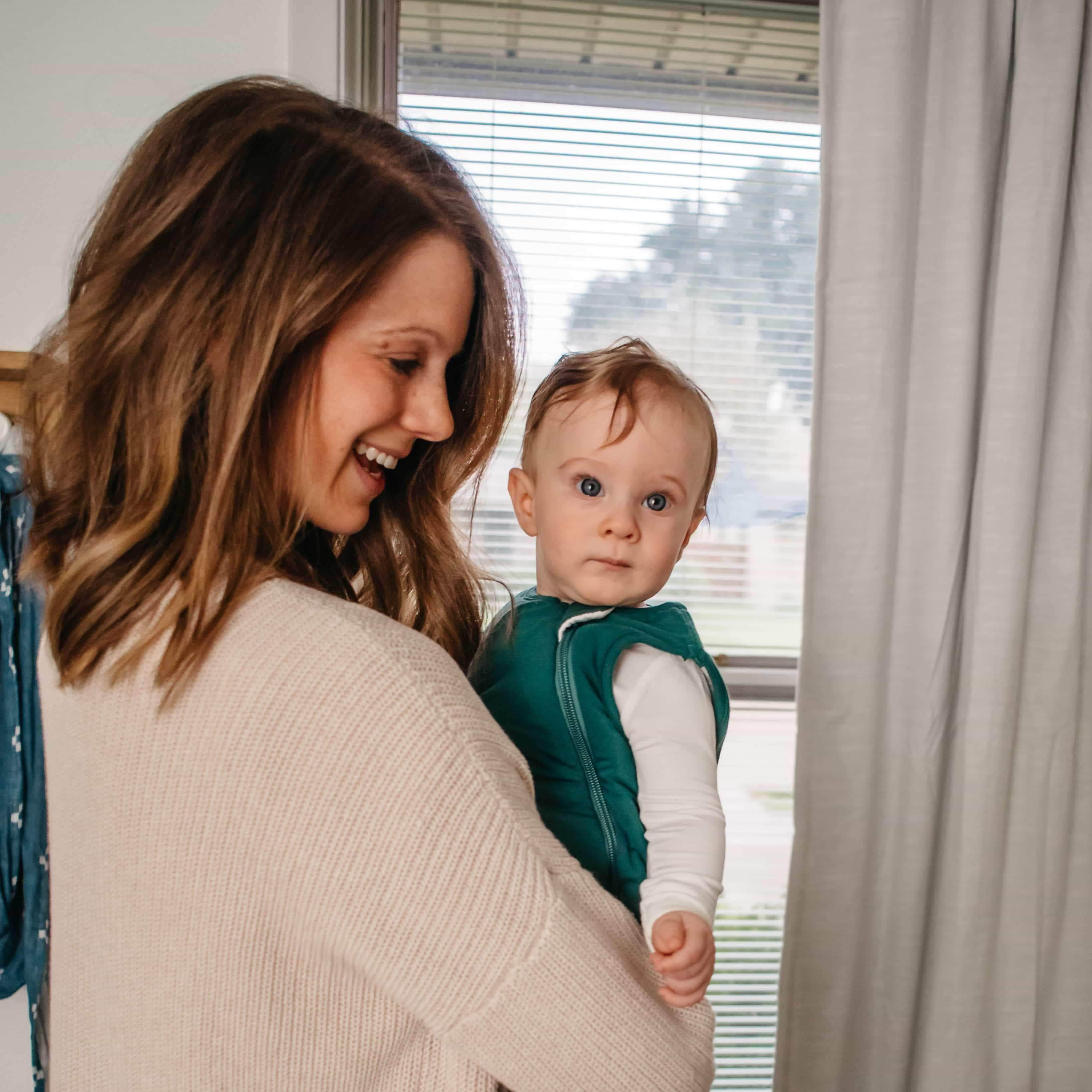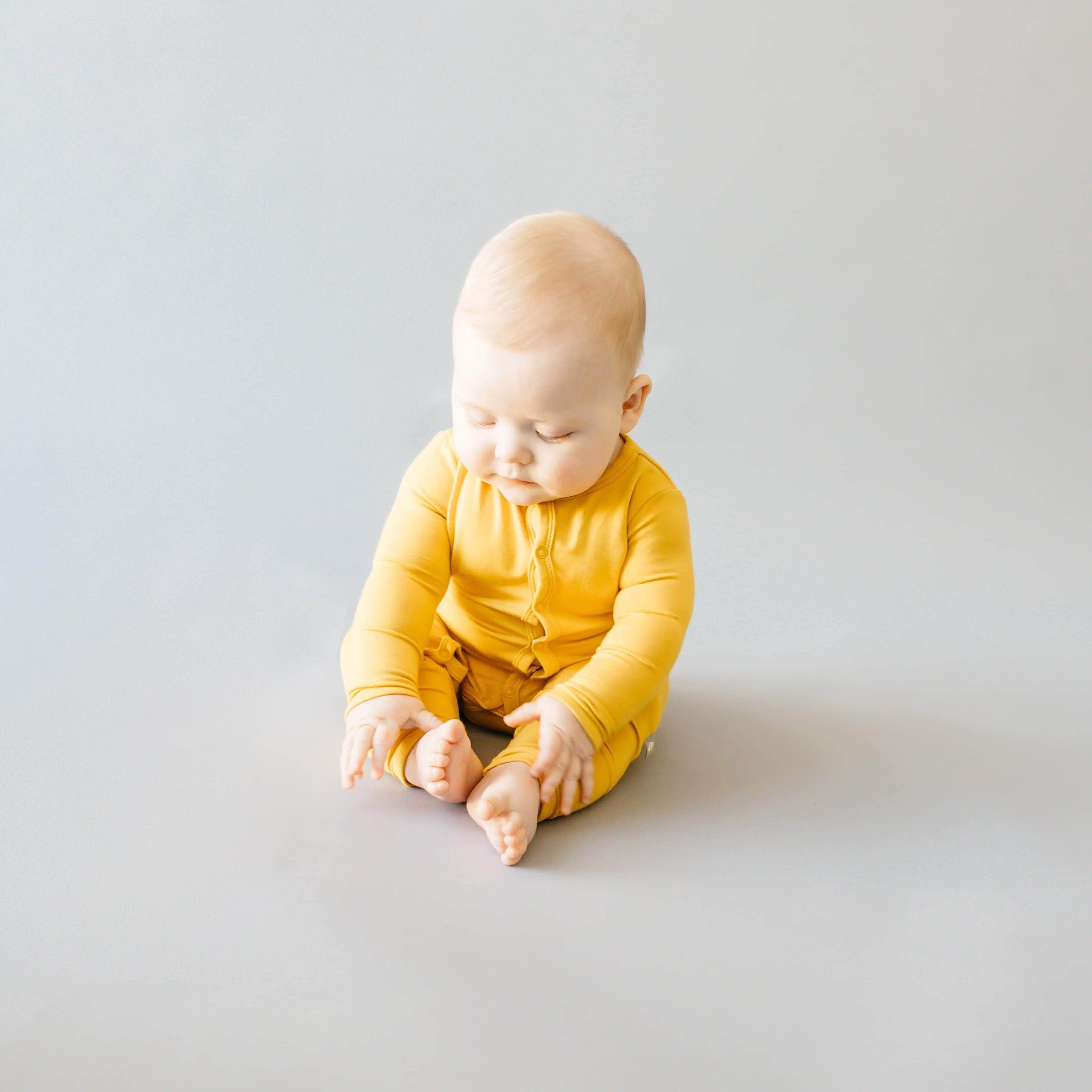If you thought your baby’s first six months were a whirlwind, you’d better hold onto your hat! The second half of her first year may seem even more eventful with your ever-changing, not-so infant. During these six months, your baby is going to be everywhere! She’ll wiggle, roll, crawl, or even walk just about anywhere she wants to go and look for her to take on a personality all her own. Check out these common milestones for months seven through 12 and how you can help your baby achieve them.
Seven Months of Age
By this time sitting unsupported for short periods should be something he easily achieves. He may use his hands to lean on at first and then move them until his core is doing all the work. He’ll also be able to support his weight with his legs and will probably want you to hold him in a standing position often. This is where one of those bouncy seats comes into play. It will suspend him so he can put weight on his legs and be able to bounce and stand without the risk of falling down. Your baby will be reaching and grabbing for things at this point as well, so make sure his area is safe.
Don’t be surprised if your baby joins in the dinner conversation. He’s going to want to talk when others are talking and might be uttering the basis of words such as ‘mama’ and ‘dada’. He’ll also respond to his name and can recognize the differences in your tone. He might not obey, but he will understand when you are upset with him and when you’re happy to see him. You can start using the word ‘no’ when he’s doing something that’s not allowed. Just be sure your tone of voice matches your meaning. Continue to talk to him and sing. Playing interactive games with him or reading books will help increase his vocabulary and focus.
The Eighth Month
More than likely by this point that baby of yours is really thinking about crawling. She may be up on all fours and rocking but still working on the proper sequence of events. Some babies will pull themselves around with their arms, chest off the ground, but no leg action yet, and some will be full on crawling. Other babies will roll to get where they want to go. Whatever the means, your baby is on the move. Time to secure those stairs if you haven’t already. Look for her to start wanting to feed herself. You can help her fine-tune her grasp by feeding her puffed cereal for babies. Watch for any chewing action to indicate that she’s ready for more food texture. She may also be interested in holding her own bottle.
Unfortunately, around the eight-month mark, some babies may start to display some separation anxiety any time you leave them with a caregiver or sometimes even when you leave the room. While it’s heartbreaking as a mom it’s important for you to have some me time and for her to know other people. Develop a goodbye routine that’s consistent every time to help you both weather this storm.
Play games like peekaboo and ‘hide’ toys for her to work on those cognitive skills. Her language should continue to develop and some words may be coming out though they still might not be in reference to anything real.
Nine Months Already!
If he hasn’t already he’s probably darn close to crawling. Once the crawling starts so will the pulling himself to a stand. This is going to be one he wants to practice, so expect to see him standing holding onto furniture whenever he gets the chance. He should also be practicing with the pinching action and will use it to pick up small bites of food or smaller toys. If he’s chewing food well, you can start feeding him small, soft items like cooked fruits and vegetables that he can pick up with his fingers.
The separation anxiety may continue especially with strangers. Continue with your goodbye routine and make sure to make a big deal when you come home to him again. Continue talking to him. He should respond to simple commands such as ‘no’ or even ‘come here’. And he might even start to copy some gestures like waving or clapping. Again, there’s nothing like a catchy tune or a colorful book to get his focus and help him learn more words.
The 10 Month Mark
Your baby is going to take the standing with support to a new level and start to cruise around while holding onto furniture. She should also be able to crawl to a sitting position and back again with ease. Look for her to try to increase her independence by wanting to hold the spoon during mealtime. You might want to offer a decoy spoon to avoid some of the mess. She may also start to point at objects when she wants them and will definitely be able to poke things with that finger. Since she’ll start moving around at a higher level this month, you’ll want to make sure all unsafe items are well out of reach; coffee tables and furniture should be clear and lower cabinets should be locked up.
At this point she may also be purposefully using some of those words and sounds such as ‘mama’ and ‘dada’ in reference to you and your partner. ‘Hi’ and ‘bye’ might also find a way in there along with waving. I’m going to say it again, reading and singing will help to further increase her vocabulary.
Eleven Months-Almost There!
Whew! Time is flying! He’ll continue to cruise and maybe even let go of his support furniture and stand by himself for short periods. Some babies may even experiment with their first steps. There’s definitely going to be some grabbing going on which can lead to him wanting to throw objects as well. You may also notice that he will thoroughly inspect an object or toy from top to bottom, inside to out. He may even start trying to put objects into containers or to put lids on things. Offering him a selection of different sized containers and smaller, different sized objects will increase his creativity and allow him to experiment with putting things away. He’ll also really enjoy dumping the objects out of the container or just using it as a drum.
Hopefully, by this point the separation anxiety has decreased a little bit and he’s more comfortable in public places with strangers. He may even be interested in saying ‘hi’ and ‘bye’ to everyone he meets. Continue to talk to him especially if he’s saying real, meaningful words. Again, music and reading should be a priority.
Your One Year Old
Babyhood is over! Where did it all go? How could this little toddler standing before you be the same baby that you once knew? By this time she should be busy with walking, either supported or unsupported. Getting her a little walker or even a laundry basket that she can use for support while she walks will greatly increase her strength and coordination. She’s also going to be much better at the dismount and be able to gracefully sit down rather than practically falling every time. She should be pretty comfortable with feeding herself soft foods at this time and also might be interested in using a sippy cup on her own. Be sure to offer her a variety of foods to help avoid aversions when she’s older and always be on the lookout for food sensitivities or allergies.
She might have her own basic vocabulary as she nears one year old and expect her to try to copy more of what you say. She also may start shaking her head ‘no’ or nodding ‘yes’. Some babies will even obey simple commands like ‘don’t touch’. ‘Uh-oh’ may be a favorite word especially when it’s associated with her dropping something so that you can pick it up over and over again. Start incorporating actions into your music and singing if you haven’t already and keep up with the books!
In just 12 short months your baby has transformed from a fragile, sleeping creature to a moving, shaking, and talking toddler. You may find that some babies, most commonly boys, focus more on the physical aspect of things and less on the verbal, while girls may talk sooner and more fluently. Both are completely normal as are some variations in all of the developmental milestones. If you ever have a concern or question about your baby’s development, be sure to discuss it with their health care provider. Now, on to toddlerhood!



